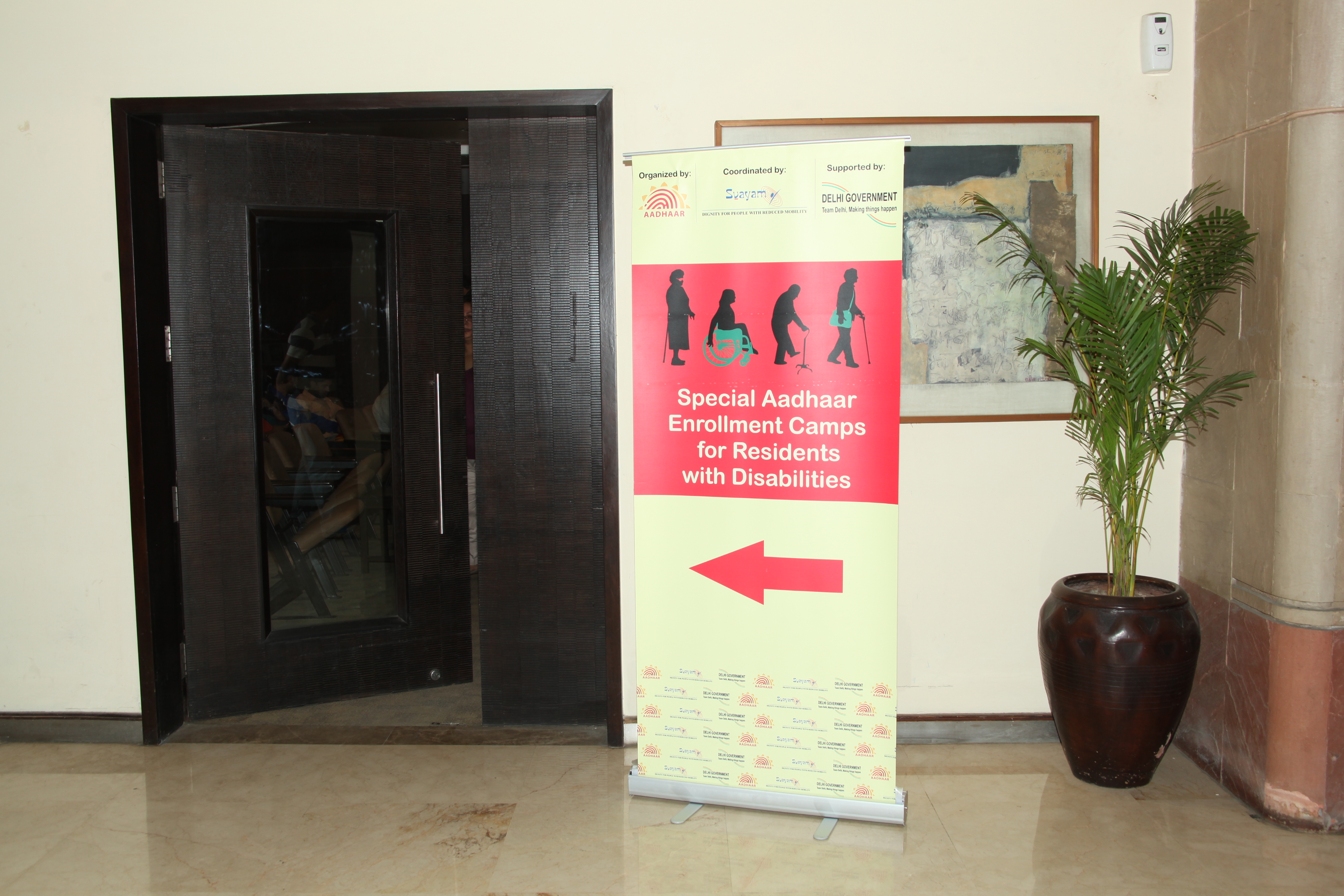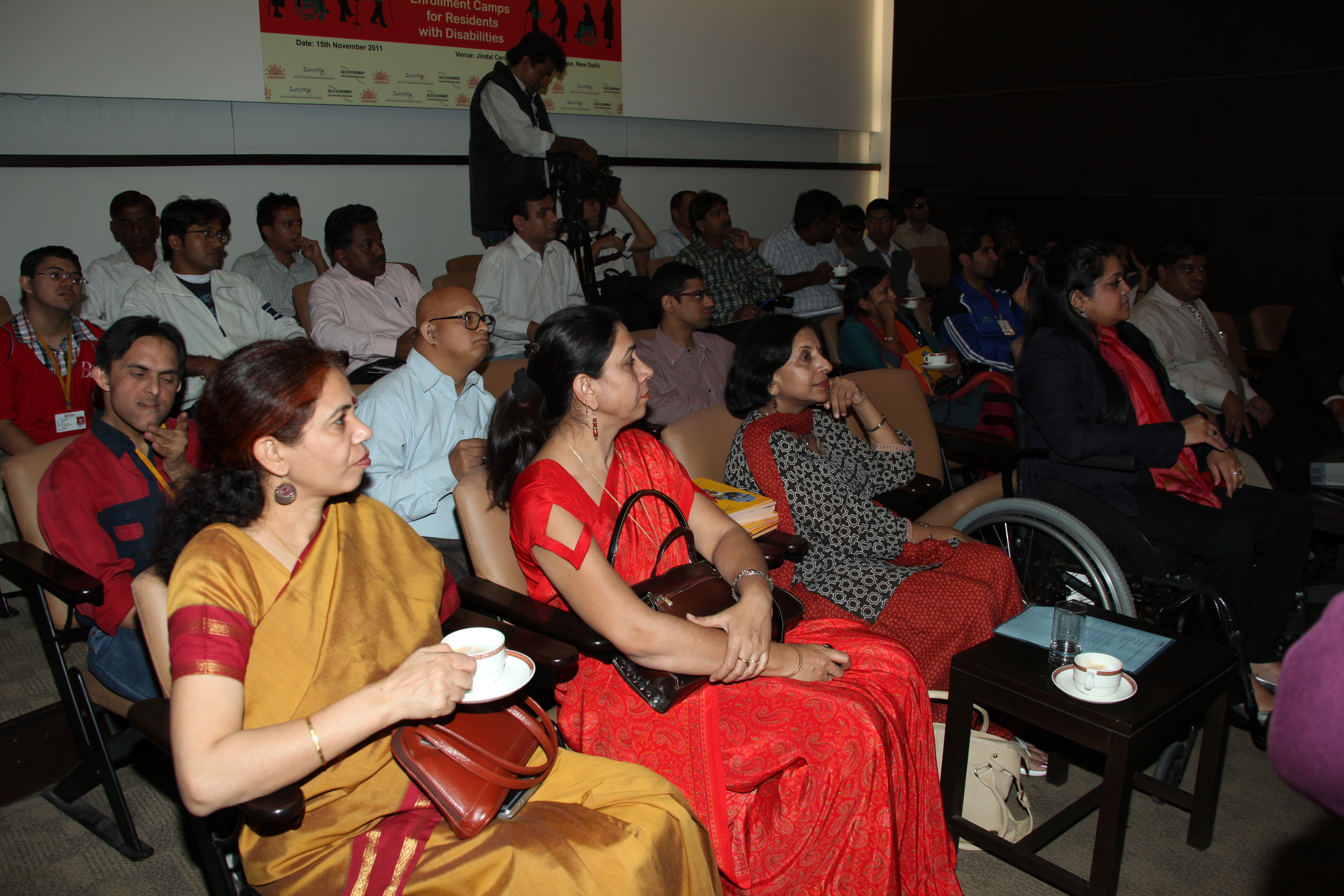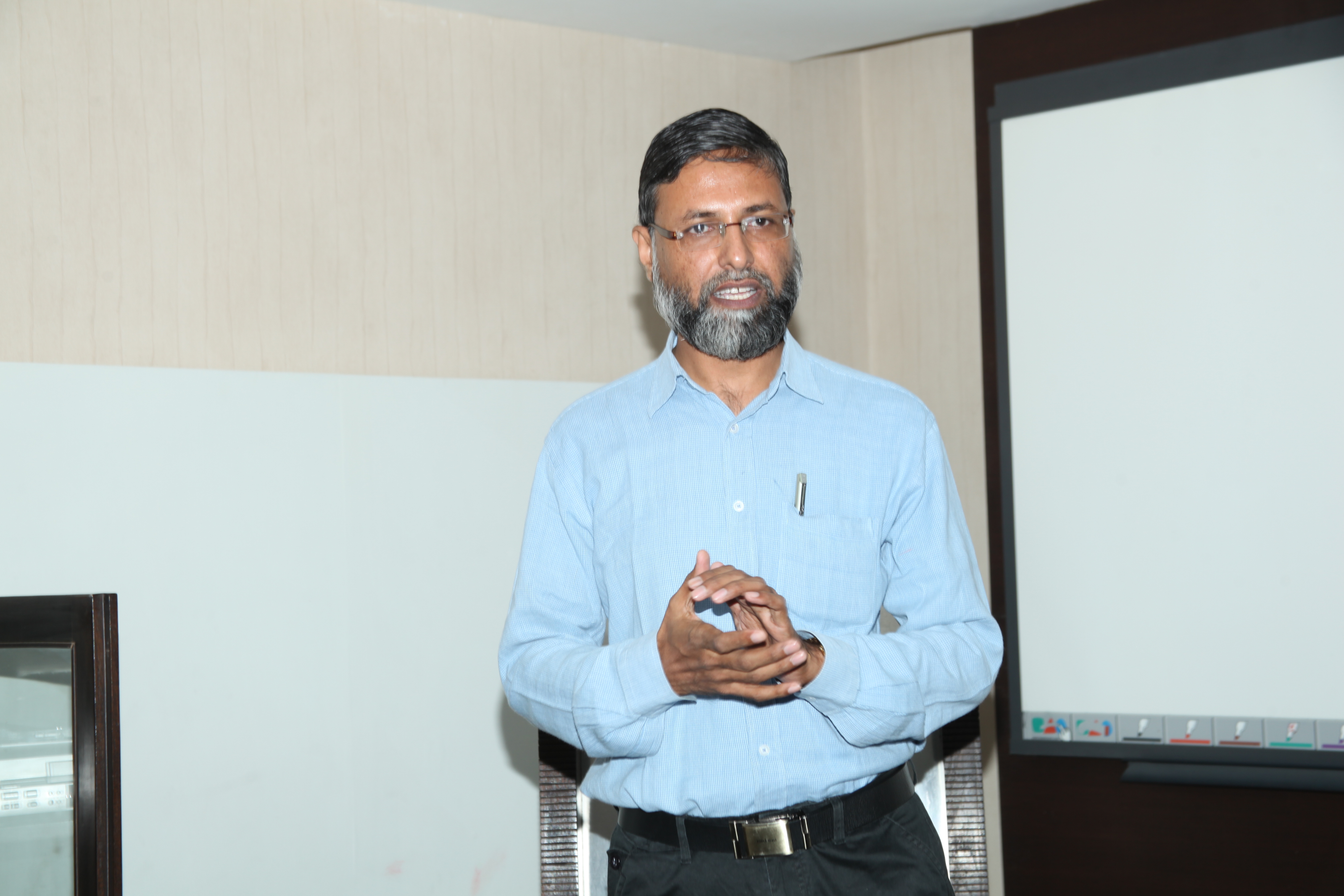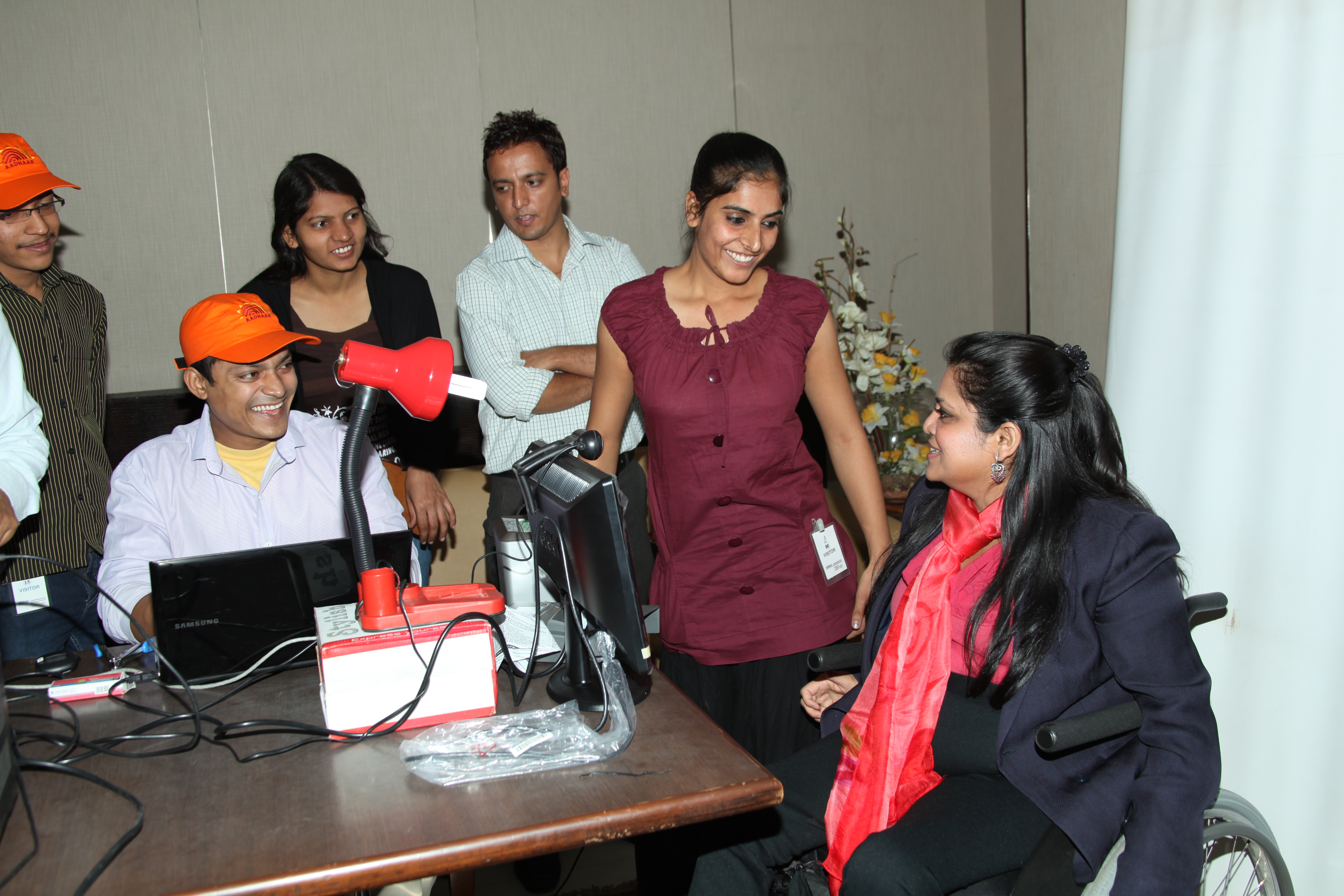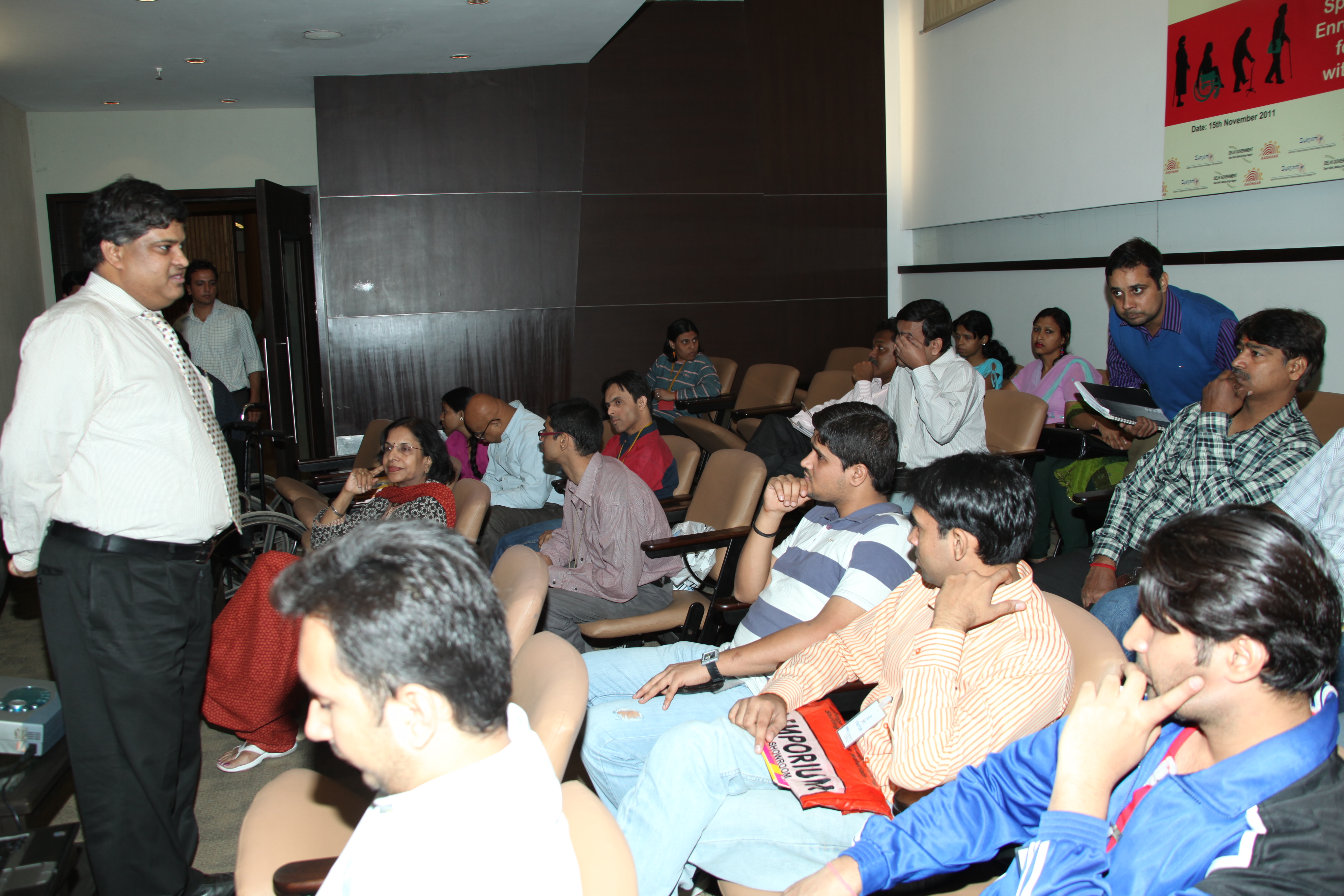By Ms. Sminu Jindal, Founder Svayam & MD, Jindal SAW Ltd. 05 Feb 2016
Often one fails to realise how “disability” is related to one’s environment. Isn’t it amazing that with enabling infrastructure, disability vanishes? Even those who are “able-bodied” may not be so continuously, which makes it all the more surprising that we give accessibility such little importance. If you’ve ever accompanied an elderly person to a public building without a ramp, or given a hand to a pregnant lady who may need to hop off a bus, you’ll know what I am talking about. This is something I’ve been all too familiar with since the time I became a wheelchair user at age 11. My father got a ramp built in my school so that I could attend my school like anybody else.
Today, while inclusive education is a legal mandate, lack of enforcement still keeps schools and colleges inaccessible to students and teachers with reduced mobility. Can we not see the opportunities lost to a nation when we keep back people from realising their full potential? How many Stephen Hawkings and Helen Kellers might we be setting back?
Isn’t it amazing that with enabling infrastructure, disability vanishes?
Even those of you who have not faced disability may have experienced the barriers of an inaccessible environment at some point in your lives. A fracture, sickness, age or just being in the family way can make anyone realise the significance of barrier-free infrastructure. Civilisation is all about making life safe, easier and dignified for everyone. This is why accessibility is a matter of grave concern for the public at large, and not just for the purported 2% of the population who are “disabled”.
Despite India having won its freedom in 1947, many Indians, sadly, continue to be denied the dignity and freedom of mobility. In America, it took a Vietnam War for the entire country to be made disabled friendly. Our brave soldiers who fought several wars and terror attacks and lost their limbs in the process are still waiting to be mainstreamed due to lack of accessible infrastructure.
It is vital that anyone with limited mobility — temporary or permanent — be assured a normal life. In India the human spirit of adjustment has been stretched to absurd limits, so much so that the family of a disabled person is ready to adjust rather than verbalise the need for access. Also, the lack of sensitivity towards people with mobility challenges stems from a deep-rooted fatalistic belief-system in which a handicap is viewed as a result of bad karma in past births!
A fracture, sickness, age or just being in the family way can make anyone realise the significance of barrier-free infrastructure.
In this light, the announcement of the Accessible India Campaign has been a breakthrough for all of us. This campaign seeks to make a significant number of public buildings, transportation systems, ICT, accessible to persons with disabilities. I applaud this initiative, as besides setting defined timelines and requisite funds, it demonstrates the government’s will for the first time.
However, there are challenges ahead. Given the huge number of buildings to be access audited, there is a dearth of trained auditors. To move in a systematic fashion, the government must ensure that a good number of access auditors are trained by a pre-qualified team of master trainers. Along with this, the government must direct changes in the curricula of architecture and engineering courses to integrate universal design and accessibility. Similarly, accessibility should be a non-negotiable parameter for permitting any new building plan.
I also feel the most important aspect for making this campaign a success is raising awareness in the larger community that accessibility just doesn’t enable the elderly or disabled but raises the quality of life for everyone.
Currently, we are working in the islands of accessibility. The Metro is accessible yet last mile connectivity from people’s home is missing. Lack of information on accessible routes, inaccessible hospitals, inaccessible public toilet units, one disabled-friendly bogey a train, flouting norms of disability access even in five star hotels makes us feel there is a stronger need for stricter enforcement. Therefore, the campaign must also look at creating mechanisms for strict enforcement and introduce heavier penalties in cases of non-compliance and misuse.
We hope that this campaign doesn’t remain confined to Smart Cities or only urban areas, but that it reaches rural India too.
I believe in the goodness and sensitivity of our citizens and I hope that there’ll soon come a time when accessible pedestrian pathways will not be encroached on or misused for driving bikes. That the citizens will appreciate kerb cuts, right gradient ramps, tactile paving, pedestrian crossings and will also report broken or non-working facilities to the concerned authority — for rights come with duties!
We hope that this campaign doesn’t remain confined to Smart Cities or only urban areas, but that it reaches rural India too. For the Accessible India Campaign to be a success, it must become a movement first. And each of us must embrace it because, at some point in our lives, we all stand to benefit from it. Let’s leave hope in our wake for our future world.
Source: Huffingtonpost


